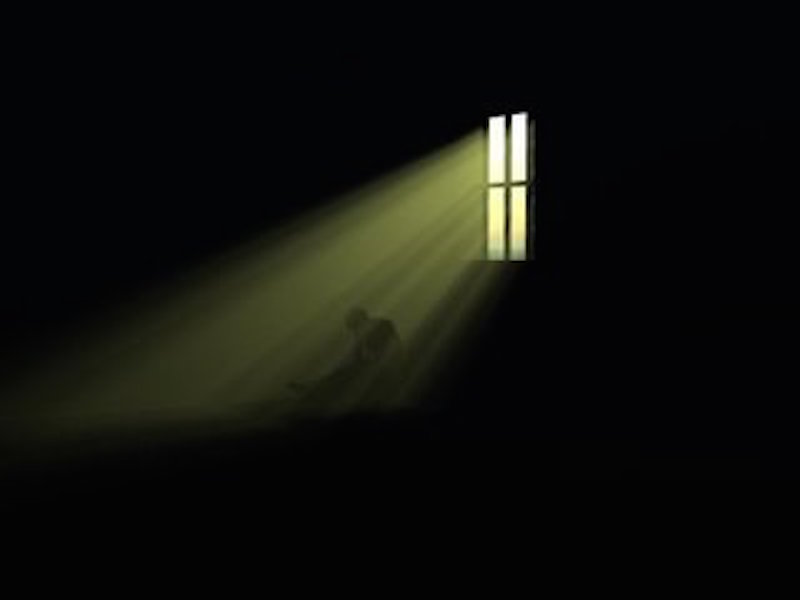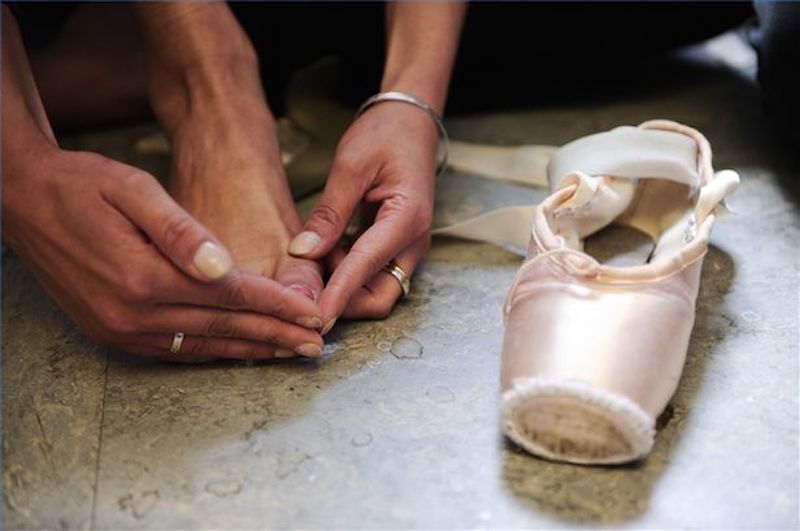Boyhood and the American Family
Drew Trotter
 While thinking about the movie Boyhood recently, an image appeared in my head of a bleak landscape, but not a realistic one. Dotting the landscape were a number of brightly colored objects, malleable, some standing at angles, some flopping over edges of rocks or ledges, like the clocks in Salvador Dali’s The Persistence of Memory. But the objects weren’t clocks. They were all teenagers—all heights, all ages but all thin, visionless, falling. Maybe the image was more like the orgy scene in the desert of Antonioni’s Zabriskie Point—flat, detached, choreographed sexual movement. Love in the desert of meaninglessness.
While thinking about the movie Boyhood recently, an image appeared in my head of a bleak landscape, but not a realistic one. Dotting the landscape were a number of brightly colored objects, malleable, some standing at angles, some flopping over edges of rocks or ledges, like the clocks in Salvador Dali’s The Persistence of Memory. But the objects weren’t clocks. They were all teenagers—all heights, all ages but all thin, visionless, falling. Maybe the image was more like the orgy scene in the desert of Antonioni’s Zabriskie Point—flat, detached, choreographed sexual movement. Love in the desert of meaninglessness.
In both ways of seeing what I imagined, the edge of the knife was the teenagers, robotic, spineless kids with vacant eyes and joyless lives.
I am sure this picture was spawned by the sadness I felt for the American family, as I watched Richard Linklater’s autobiographical Oscar nominee again for a talk I was preparing. In an extra on the DVD, Linklater says, “The film’s called Boyhood, but it could have been called Motherhood, Fatherhood, Bumbling-Into-Adulthood. It was an opportunity to see adults evolve as well as kids.”
The mother in Boyhood in fact evolves very little. Played by Patricia Arquette, in an Oscar-winning performance, Olivia is from the beginning the neediest person in the movie. In one of the earliest scenes, we see her break up an argument between her two small children by simply yelling at them to quit, followed by an argument with a potential boyfriend about how she’d like to go out to a movie, but she’s got to take care of the kids. She doesn’t even know what it’s like to be free to go out, she says. “I was someone’s daughter, and then I was someone’s f**kin’ mother. Okay? I don’t even know what that’s like.” It’s so early in the movie, you pity her, but it doesn’t take long for that to change.
Granted she does take responsibility for her children: she feeds them, gets them to school, clothes them, puts a roof over their heads. But along the way, Olivia—already a divorcee—marries two more times, and divorces two more times. She moves three times, uprooting the children’s lives each time. In fact, there is only one scene in the entire movie, where we see her approach expressing tender love for them; when the children are small, she reads Harry Potter novels to them in bed. Even her graduation toast near the end of the movie is comprised of her telling her son how much fun he’s going to have in college. Admittedly, she does say she loves him and is so proud of him, but she has already spoiled the moment by telling everyone he didn’t want to have the party, yet they had it for him anyway.
In every other scene she appears, she is either flirting with her next husband or suffering from his abuse, fighting with her daughter, commanding Mason, Jr. to do something or talking about how bad her life is. As Mason, Jr. says to a girlfriend when he’s gone on a trip to UT-Austin: “I don’t think [college] is the key to my future. ‘Cause, I mean, look at my mom. She got her degree and got a pretty good job. She can pay her bills.” Girlfriend: “I like your mom.” Mason: “Well, I like my mom, too, I just mean… Basically, she’s still just as fuckin’ confused as I am.”
In her last scene of the movie, Olivia’s narcissism is really put on display. Angry at Mason, Jr. for not being sad because he is leaving home to go off to college, she says, “This is the worst day of my life.… You know what I’m realizing? My life is just gonna go, [snaps fingers] like that. This series of milestones. Getting married. Having kids. Getting divorced. The time that we thought you were dyslexic. When I taught you how to ride a bike. Getting divorced again. Getting my master’s degree. Finally getting the job I wanted. Sending Samantha off to college. Sending you off to college. You know what’s next? Huh? It’s my fuckin’ funeral!… I just thought there would be more.” The scene would be funny, if it weren’t so pitiable.
I could go on about Olivia, or about the father, Mason, Sr., played by Ethan Hawke, who gets dealt a much better hand in the script, and does evolve positively in the movie, or about the main character, Mason, Jr., who wanders aimlessly the entire film from age six to age eighteen. The whole film is filled with little moments, some happy, some sad, but none that give Mason any clarity, any vision for his life because his parents don’t have any vision to give him.
One of Boyhood’s stories is of the single mom, who try as she might, simply can’t give her children a vision for what could be because she is so consumed with her own needs. If we stretch this story into a narrative of the state of the American family, we are confronted with the slow-death-by-internal-decay narrative that we have heard so often about our country: parents without vision and foundation, and so kids without hope. It turns into a painting in which the kids are all soft and floppy, visionless and vacant. It saddens me so much because it doesn’t have to be that way.


















